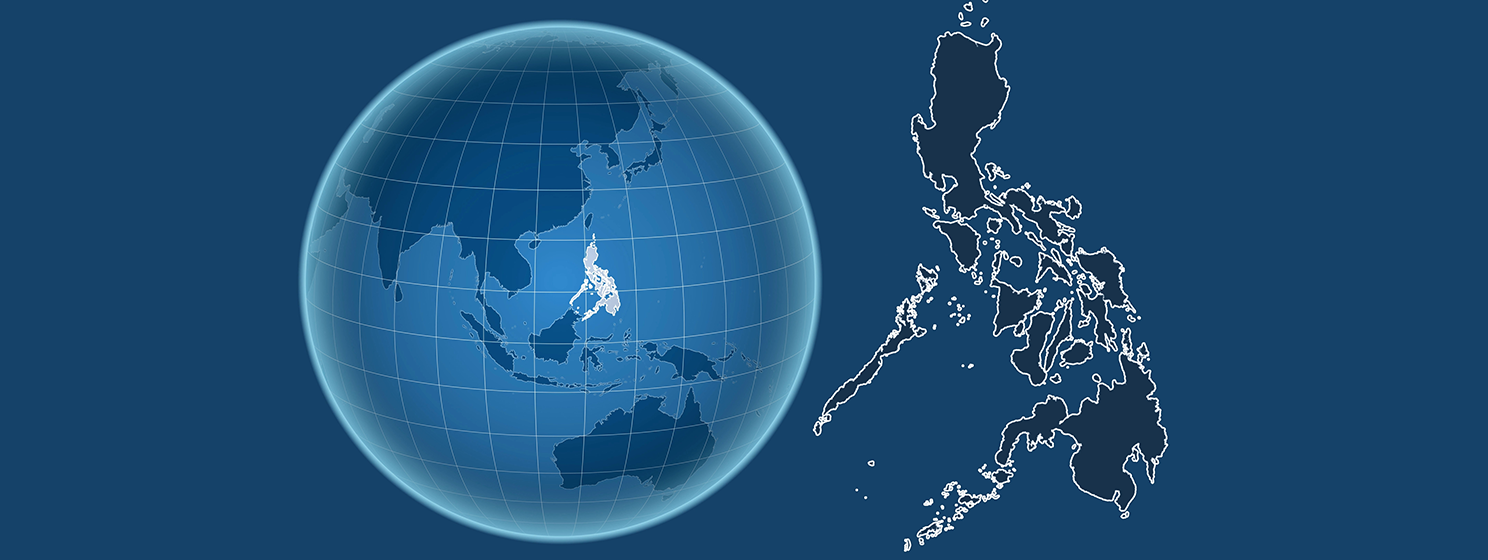|
Getting your Trinity Audio player ready...
|
The first set of new regulations under the EU’s MiCA framework took effect this week, with stablecoins the first area of focus for the new rules. While it still has its rough edges, MiCA is regarded as the most progressive regional digital asset regulatory framework, and some experts believe that Africa could benefit from its own version of MiCA.
Despite only taking effect days ago, MiCA is already causing disruptions in the European digital currency space. Traders are being advised to convert their tokens to compliant stablecoins, with some like USDC issuer Circle obtaining the new license just in time.
Africa lags behind the EU in digital asset advancements, but according to some market experts, a framework like MiCA can help close the gap. Obinna Uzoije, a Nigerian data analyst, believes that such a framework would attract investors who have avoided digital assets due to regulatory uncertainty.
Indeed, few African countries have issued digital asset guidelines. Some, like South Africa and Kenya, have made attempts at policing the sector, but their efforts are quite limited in scope. For instance, South Africa has joined a global digital currency tax standard with 47 other countries, while Kenya is involving its blockchain sector in the legislative process.
Rume Ophi, the executive secretary of Stakeholders in Blockchain Association of Nigeria (SiBAN), concurs. He told local media outlet Nairametrics that West Africa’s regional bloc, ECOWAS, must harmonize the region’s digital asset regulations to attract investors.
“If Ecowas creates its own set of rules for crypto projects, it will make it easy for investors to invest in Ecowas member states without having to comply with rules from various countries separately,” he stated.
A regional framework for African countries would be a much more complicated affair than the EU’s.
First, African nations’ approach to digital asset regulations is significantly more diverse than their European counterparts. For instance, countries like Tunisia, Algeria, and Sierra Leone have banned digital assets. In most other countries, the governments have yet to take a stand on the sector and traders operate under regulatory ambiguity.
Even in the more advanced jurisdictions, governments have been known to swiftly oppose the sector. Earlier this year, Nigeria reversed its ban on digital asset banking, only for the country’s regulators to turn against the sector and blame it for the naira’s battering on the forex market.
Watch: Emerging Technology In Africa with Becky Liggero

 03-02-2026
03-02-2026 




